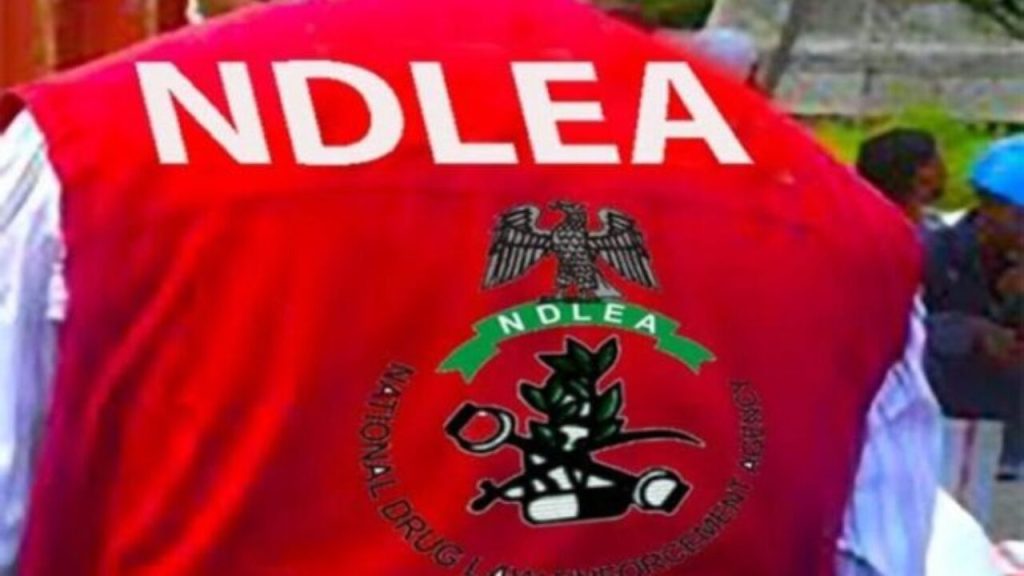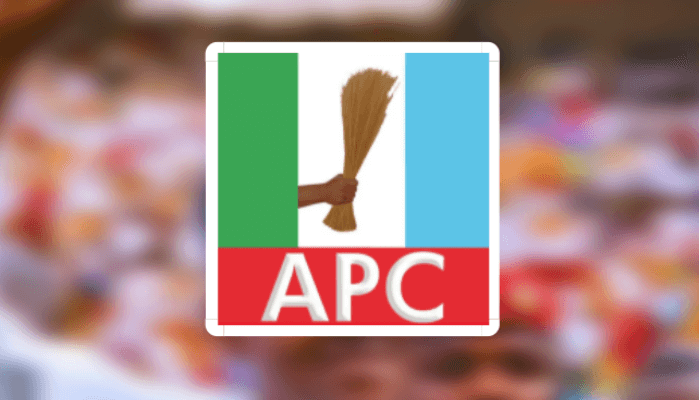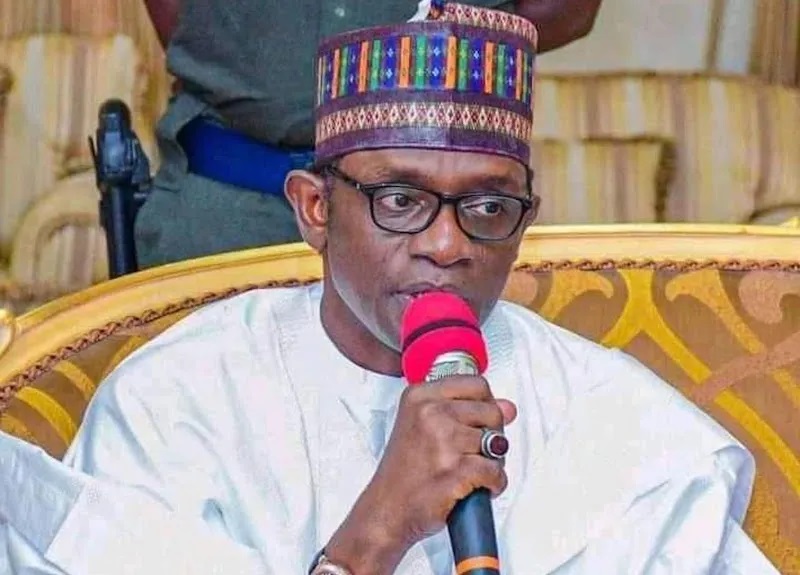A Nigerian parliamentary committee has refuted media claims it received complaints alleging misconduct by the head of the country’s primary education commission, while commending her reform efforts. The House of Representatives Committee on Basic Education and Services described reports of mismanagement or legal violations by Dr. Aisha Garba, Executive Secretary of the Universal Basic Education Commission (UBEC), as “misleading” and not reflective of its stance.
In a statement issued Monday by Chairman Mark Bako-Husseini, the committee clarified that its recent four-day joint legislative retreat with the Senate in Lagos focused exclusively on revising the Universal Basic Education (UBE) Act, with no discussions about alleged administrative irregularities. “At no point during the retreat did the Committee raise or deliberate on any allegations of mismanagement, administrative irregularities, or legal breaches against the Executive Secretary,” the statement read.
Lawmakers instead praised Garba’s leadership since her appointment by President Bola Tinubu in 2023, highlighting her initiatives to improve educational standards through collaboration with state-level education boards and strengthened accountability measures. The committee specifically noted her “transparent and diligent” engagement with legislators, as well as reforms enhancing quality assurance systems for Nigeria’s basic education sector, which serves millions of children.
The rebuke follows unnamed media reports suggesting the committee had reviewed complaints against Garba, who oversees UBEC’s mandate to address disparities in access to primary and junior secondary education across Nigeria. The commission plays a pivotal role in coordinating funding and policy for a system grappling with challenges including out-of-school children, infrastructure gaps, and regional inequalities.
Officials urged media outlets to avoid conflating personal opinions with legislative processes, stressing that concerns about UBEC should be channeled through formal oversight procedures. The committee reaffirmed its commitment to monitoring UBEC’s operations, stating it would “continue to deploy every oversight mechanism” to advance quality education nationwide.
Garba’s tenure has coincided with efforts to expand UBEC’s partnerships with state governments and streamline resource distribution. Basic education remains a priority under Nigeria’s current administration, with Tinubu recently approving increased funding for school safety initiatives and teacher training programs. International organizations have long emphasized the socioeconomic benefits of investing in universal primary education in Nigeria, Africa’s most populous nation, where over 10 million children remain out of school according to UNICEF estimates.
The clarification comes amid heightened scrutiny of governance reforms in Nigeria’s education sector, seen as critical to achieving sustainable development goals. While lawmakers emphasized their rigorous oversight role, the statement underscores institutional support for UBEC’s current leadership amid ongoing efforts to modernize the country’s foundational education framework.


![angela okorie re arrested over lawyer fee refusal Angela Okorie re-arrested over alleged refusal to pay lawyer who secured her bail [VIDEO]](https://mediatalkafrica.com/wp-content/uploads/2026/02/xAngela-Okorie-Re-arrested-Over-Lawyer-Fee-Refusal-1024x1024.jpg.pagespeed.ic.lPfjGcajP2.webp)
